Edward Lucas:The 29th Point: Cognitive Control Russia’s bogus peace plan wins it a round of psychological warfare
Badly drafted, one-sided, and machine-translated from Russian, the supposed 28-point peace plan should have been a laughing stock. Instead, it prompted anguish in Ukraine, panic in Europe, and frantic back-pedalling by the bits of the US administration that understand maps, words, and diplomacy. All that was a fine result for Russia. A clever leak highlighted and aggravated our divisions and weaknesses.
It showed the chaos in the administration. Did Secretary of State Marco Rubio really distance himself from the plan? Is Donald Trump’s special envoy Steve Witkoff running his own PR operation? What are the real or perceived commercial interests behind a Russia-US rapprochement?
The leak, apparently from Witkoff’s counterpart, the Russian financier Kirill Dmitriev, also made Ukraine look isolated and weak. It underlined the decline of the transatlantic alliance. The Europeans, once the United States’ most important allies, were humiliatingly sidelined in a discussion between the superpowers, and then had to hustle to get seats at the table for this week’s Geneva talks. And it shifted the discussion away from imposing new sanctions on Russia towards how much Ukraine would have to concede for “peace”.
In short, on the battlefield of “cognitive warfare”, where our adversaries aim to alter our perceptions, shape our beliefs, and ultimately determine our decisions, we suffered a big defeat. Nobody made us do all this. We did it to ourselves.
Rather than reflecting on that, it is easier to frame last week’s events as yet another blunder by a clueless (or worse) US administration, and to bemoan the end of Pax Americana, the degradation of the values and principles that won the Cold War, and much else besides. Indeed, it could get a lot worse. Suppose President Trump arm-twists Ukraine by cutting off aid? Even more bleakly, he could tell the Europeans that they must make Ukraine sign up for this appalling deal—and that if they do not, the US will in effect pull out of NATO.
All that could be in store. But panicking and posturing about things that have not yet happened is a terrible response. This year has been marked by so many failed diplomatic gambits, half-baked summits, sulphurous social media posts, and other headline-grabbing events, mostly followed by huge diplomatic firefighting efforts, but all without concrete results. The “28-point peace plan” talks may be just the next episode. Overreaction is not just ineffective. It wastes time and energy that could be used more productively.
A shocking feature of last week’s events was that they came as a surprise. Did the allies really think that we had entered a period of calm, consistent American support for Ukraine? They have had abundant opportunities to make up their minds about, say, Witkoff’s diplomatic abilities or the president’s temperament. Instead of fretting over their roles in the Washington DC reality TV show that has replaced American statecraft, European allies should have seized the initiative and changed the balance of power, both towards Russia and inside the Atlantic alliance, or whatever is left of it.
To take just one example, the Europeans have dithered for many months about seizing Russia’s frozen central bank assets. At each summit, they have kicked the decision to the following one. Now the fate of those funds is a negotiating point between the US and Russia. If the EU had acted promptly, the money could have been heading to Ukraine months ago. Now it may be too late.
The more the Europeans act unitedly and decisively, the more they can help Ukraine, the more they will deter Russia, and the more they will impress a US leadership that prefers winners to losers.
Edward Lucas is a Senior Fellow and Senior Advisor at the Center for European Policy Analysis (CEPA).
Share this content:
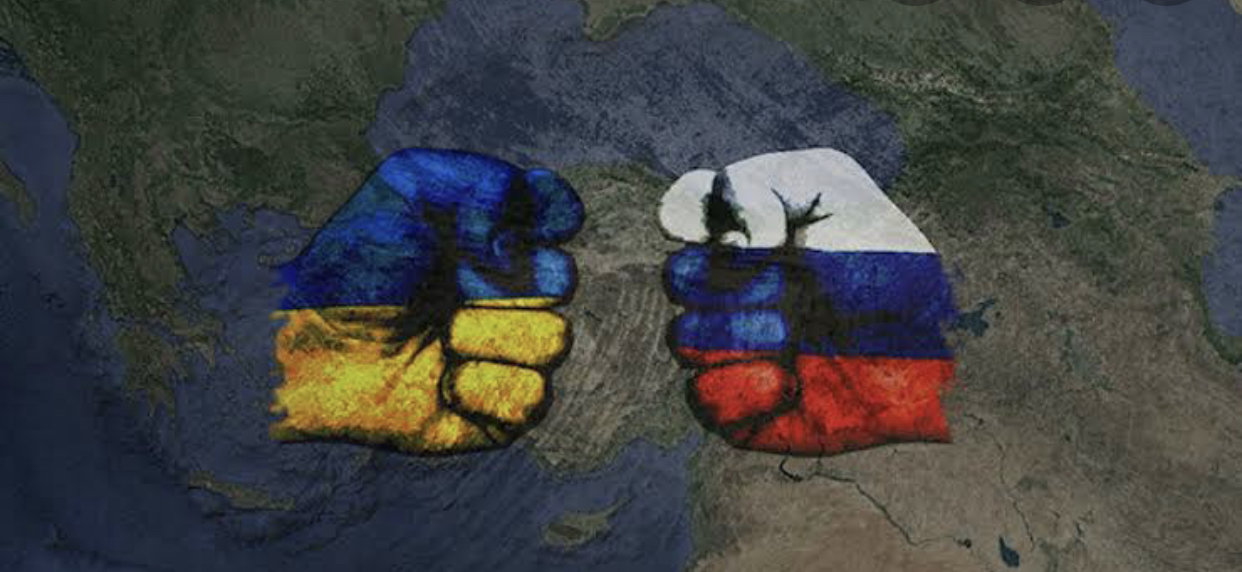
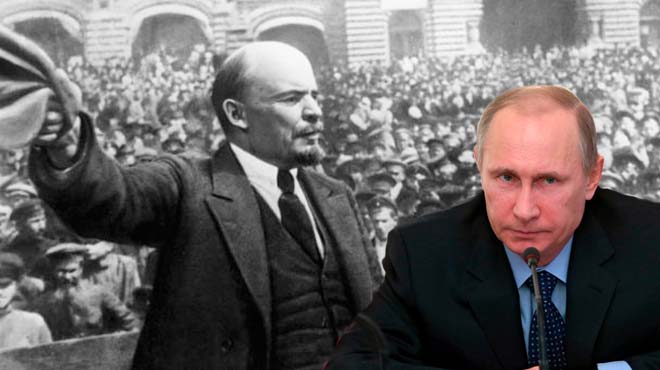
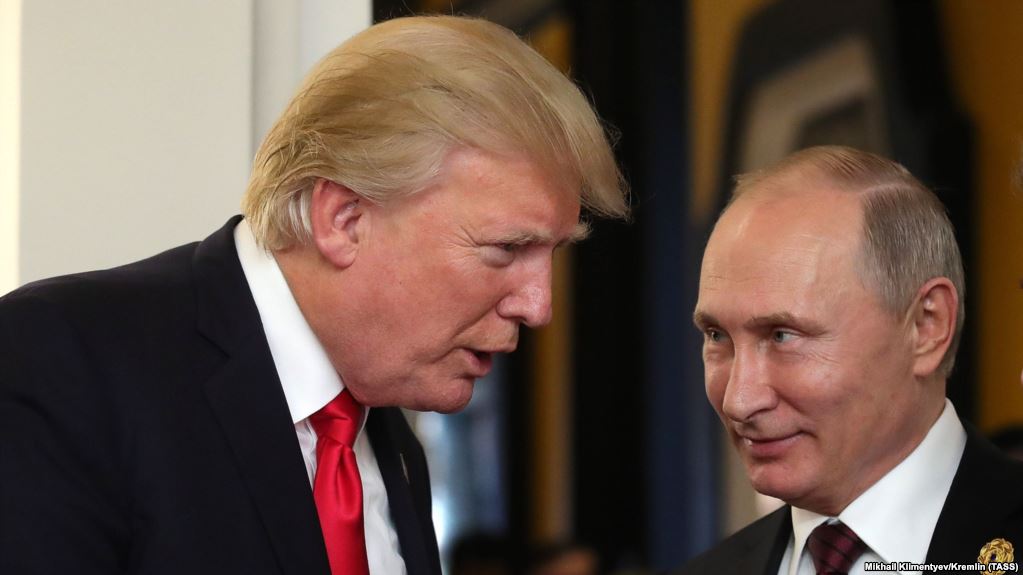
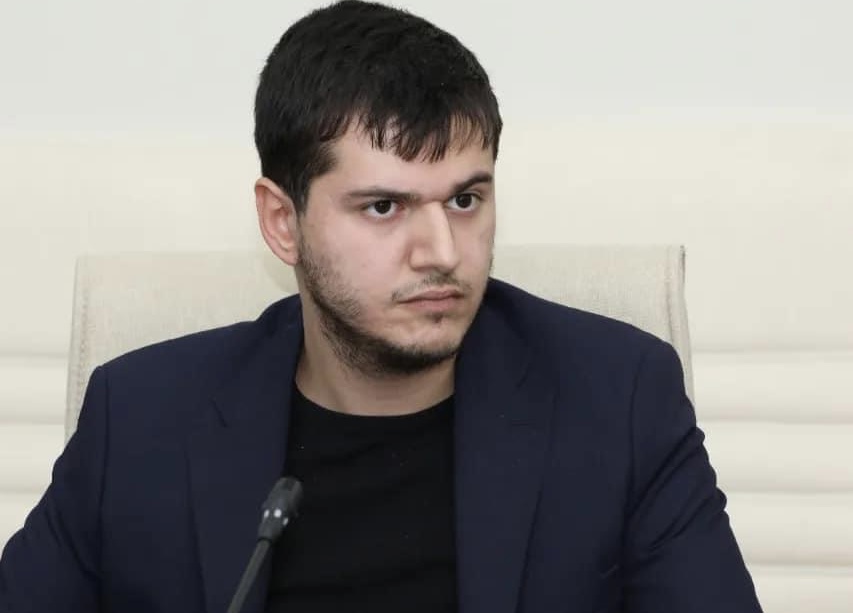
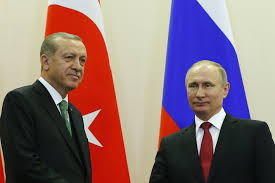


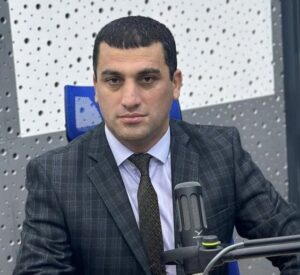

Yorum gönder